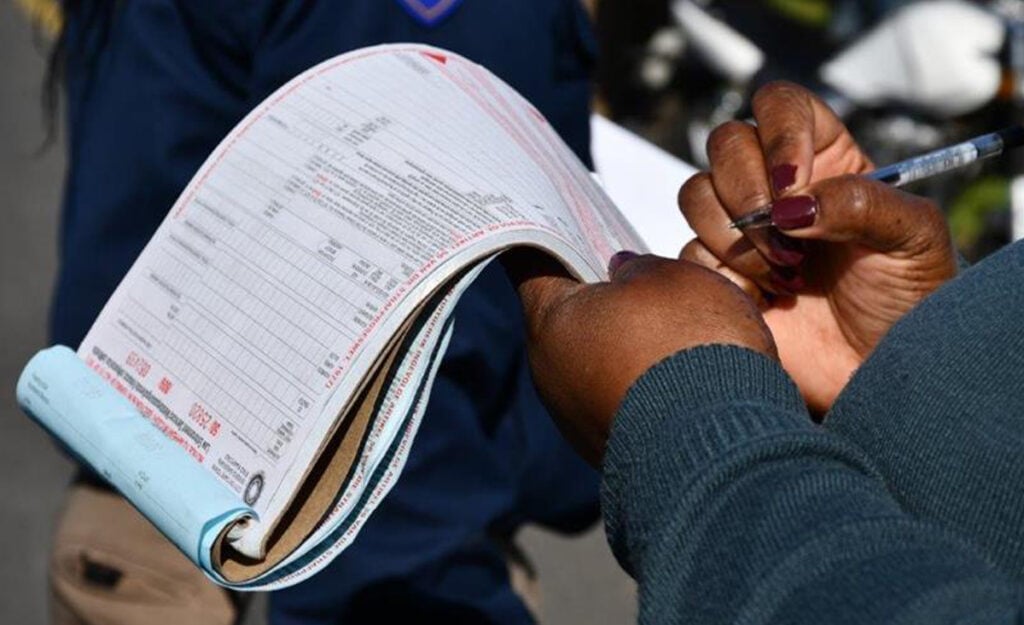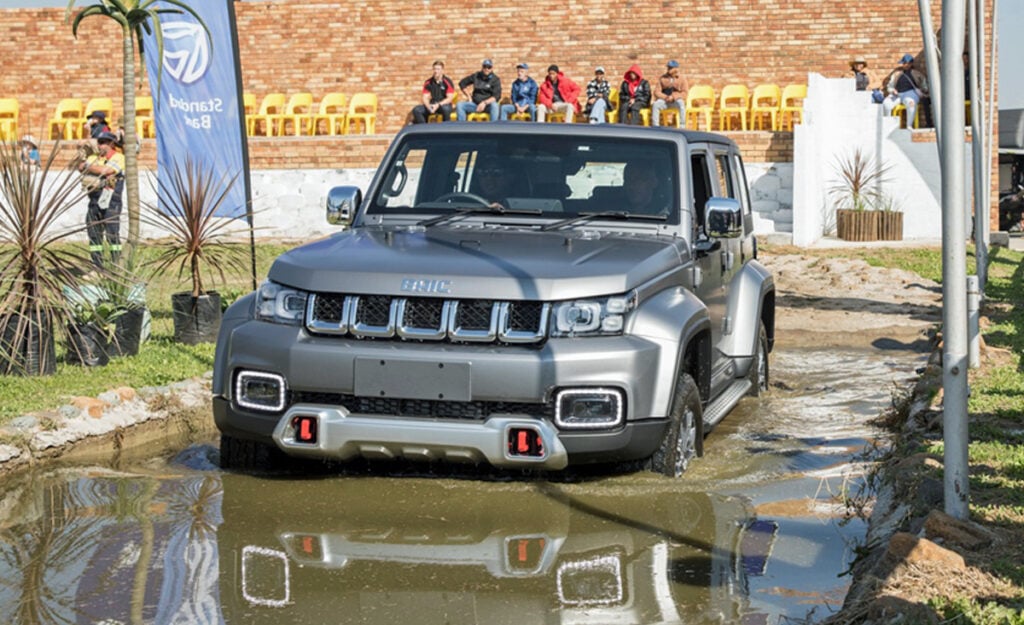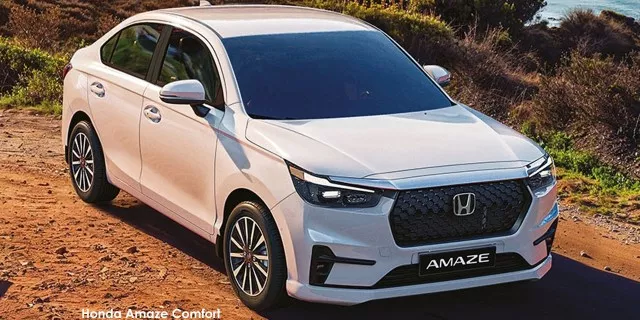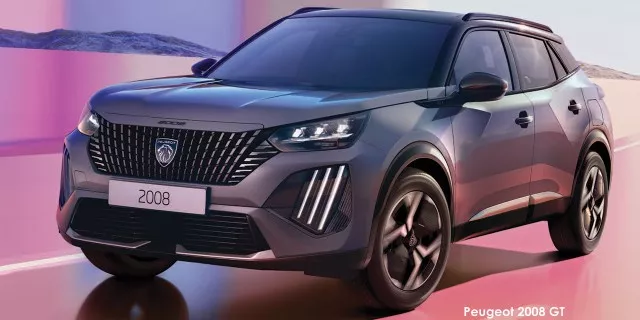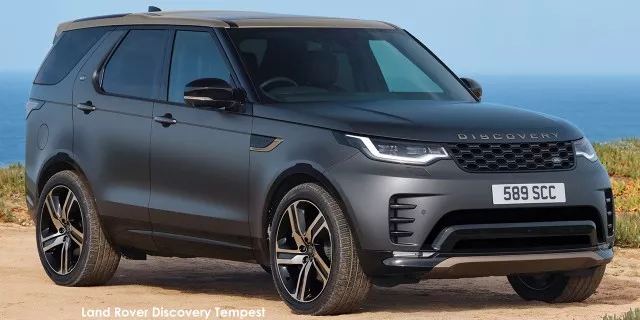South Africans are being forced into cheaper and smaller cars

The skyrocketing prices of new cars in South Africa are too much for the average motorist to keep up with, and it’s having a big impact on which models are bought and sold.
As the market continues to trend upward, customers are being forced to reassess their options and settle for smaller and cheaper cars than before.
Prices are getting bigger, but cars are getting smaller
At the recent launch of the facelifted Hyundai i20 in Gauteng, Sales and Operations Director Stanley Anderson explained that the company was acutely aware of the difficult economic climate that citizens are experiencing right now.
The automaker is constantly evaluating its global roster of vehicles to determine whether a particular model should be brought to South Africa, or if one of its existing badges should be discontinued.
Anderson went on to say that the Grand i10 is now considered one of Hyundai’s most important vehicles in South Africa because of how cash-strapped the average motorist is now.
The Grand i10, for those who aren’t aware, is the automaker’s most affordable model, clocking in at a starting price of R224,900.
This price tag is actually cheaper than it was just a few months ago, as the Korean manufacturer recently slashed the price of three of its most popular units – the other two being the i20 hatchback and the Venue crossover.
Notably, all three of these models were already Hyundai’s cheapest offerings in South Africa, yet the company felt the need to cut prices even further to alleviate a portion of the costs faced by consumers.
“Hyundai Automotive South Africa (Hyundai) has repositioned three models in our line-up (Grand i10, i20, and Venue) with additional assistance from our Original Equipment Manufacturer (OEM), Hyundai Motor Company,” said a spokesperson for the brand.
Notably, Anderson mentioned that the i10 is now considered more valuable to the brand than the i20, despite the fact that the latter competes in what is historically one of South Africa’s favourite segments.
B-segment hatchbacks like the Hyundai i20, VW Polo, Opel Corsa, Ford Fiesta, and Kia Rio have been staples of the local motoring scene for decades, yet all of these models have seen diminishing interest over the last few years.
Ford and Kia have discontinued their B-segment hatches, and today the i20, Corsa, and Polo all cost over R300,000, making them expensive purchases for the average salary despite the fact these are ostensibly affordable models relative to their brands’ other offerings.
This is why VW sells the lower-spec Polo Vivo in South Africa as a more obtainable entry point, and other companies like Hyundai and Kia are doubling down on the smaller A-segment units like the Grand i10 and Picanto in response to market conditions.
In other words, the cost of new cars is so high that local buyers are shifting their purchases down a segment, going from midsize models like the i20 to the smaller and cheaper Grand i10, which is considered a small city car suitable for students in other countries.
This trend has already had a profound effect on the availability of certain nameplates, as most carmakers have abandoned the even larger C-segment hatchback scene.
This is where you would find models like the Hyundai i30, Ford Focus, Opel Astra, Peugeot 308, and VW Golf, but many of these options have either been scrapped or relegated to their expensive hot hatch forms as automakers can no longer sell them at a competitive margin in South Africa.
So while someone you know may have been able to purchase a Golf back in the day, it is more likely that they would now have to settle for a Polo, or even a Polo Vivo if prices continue on their current trajectory.




